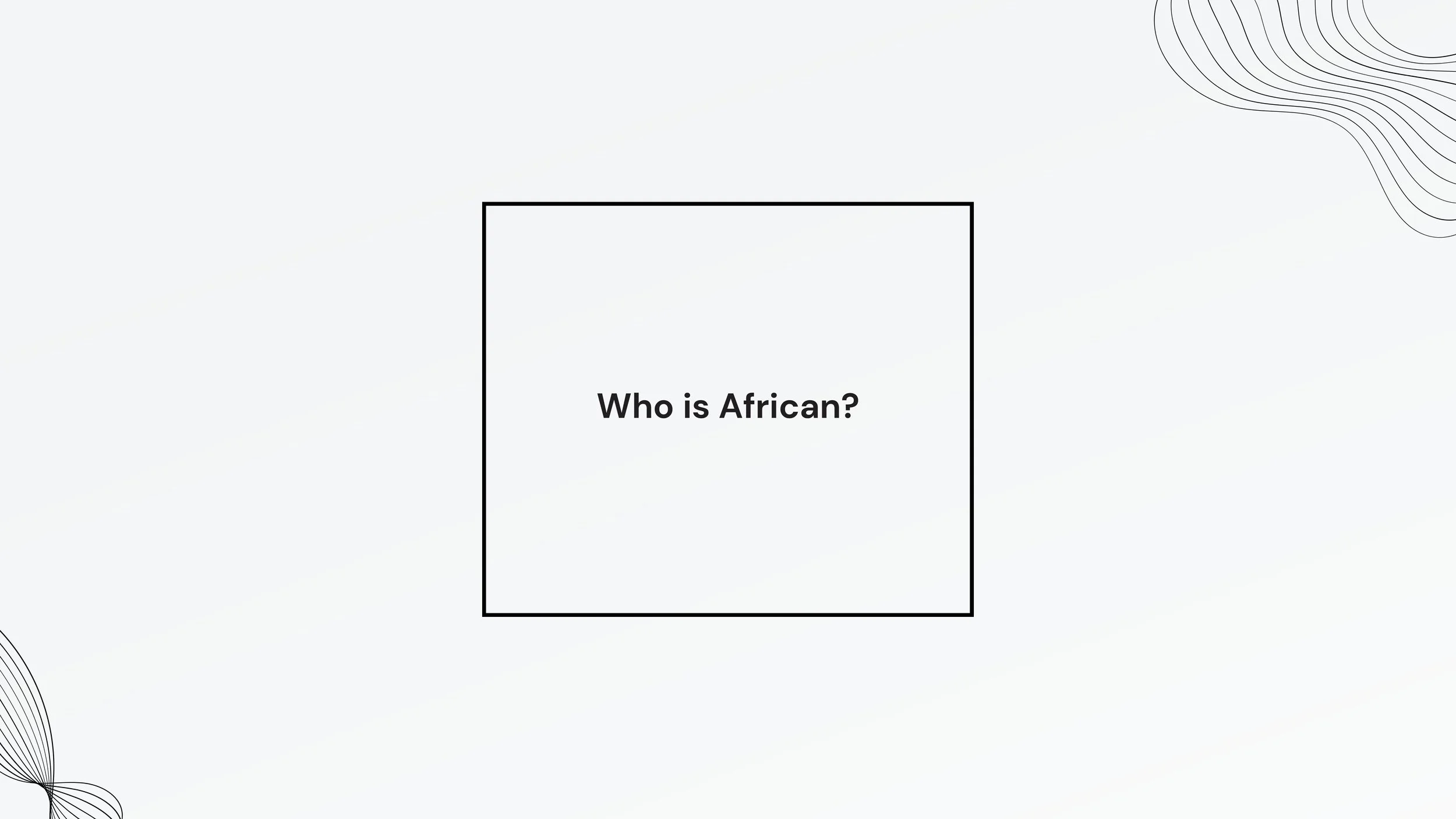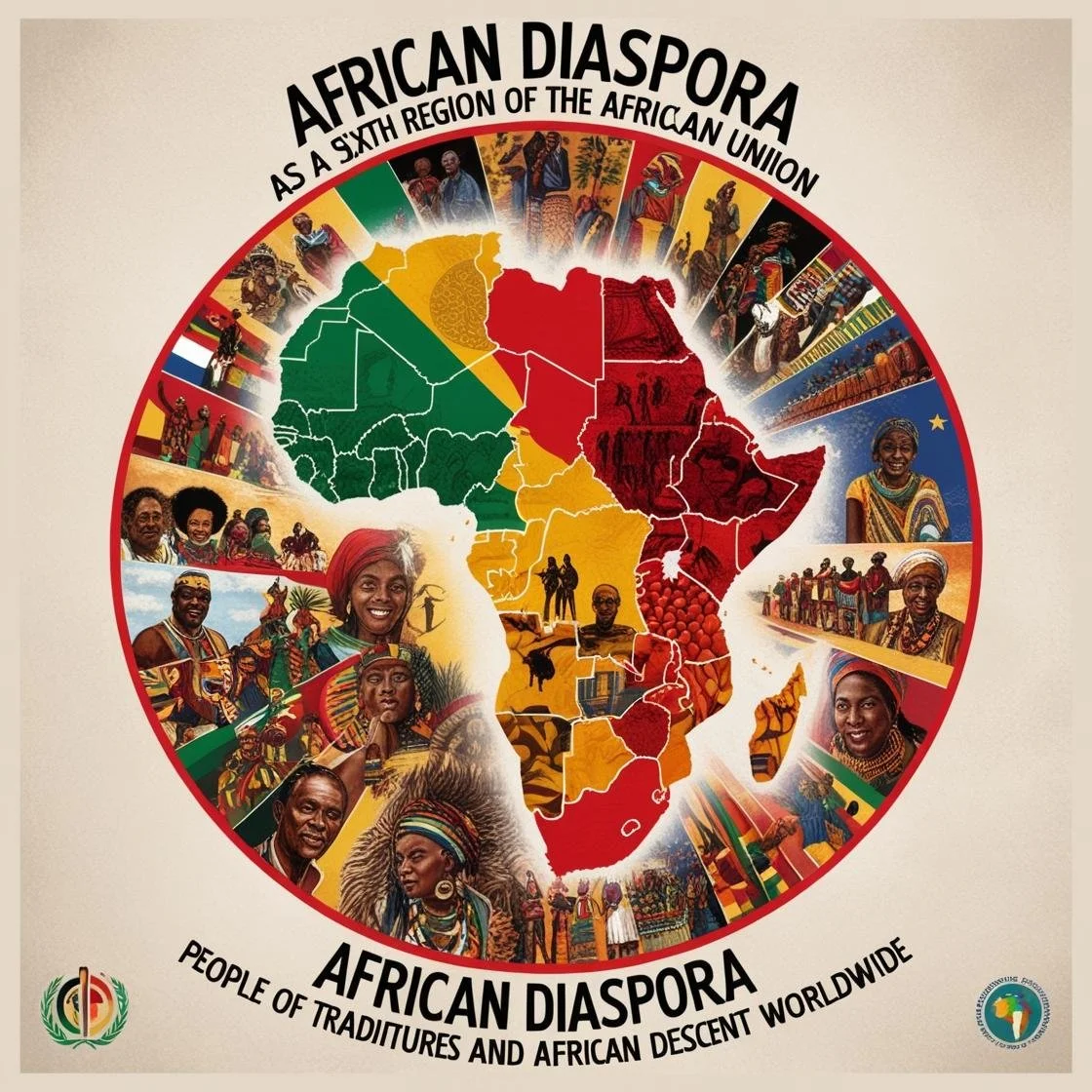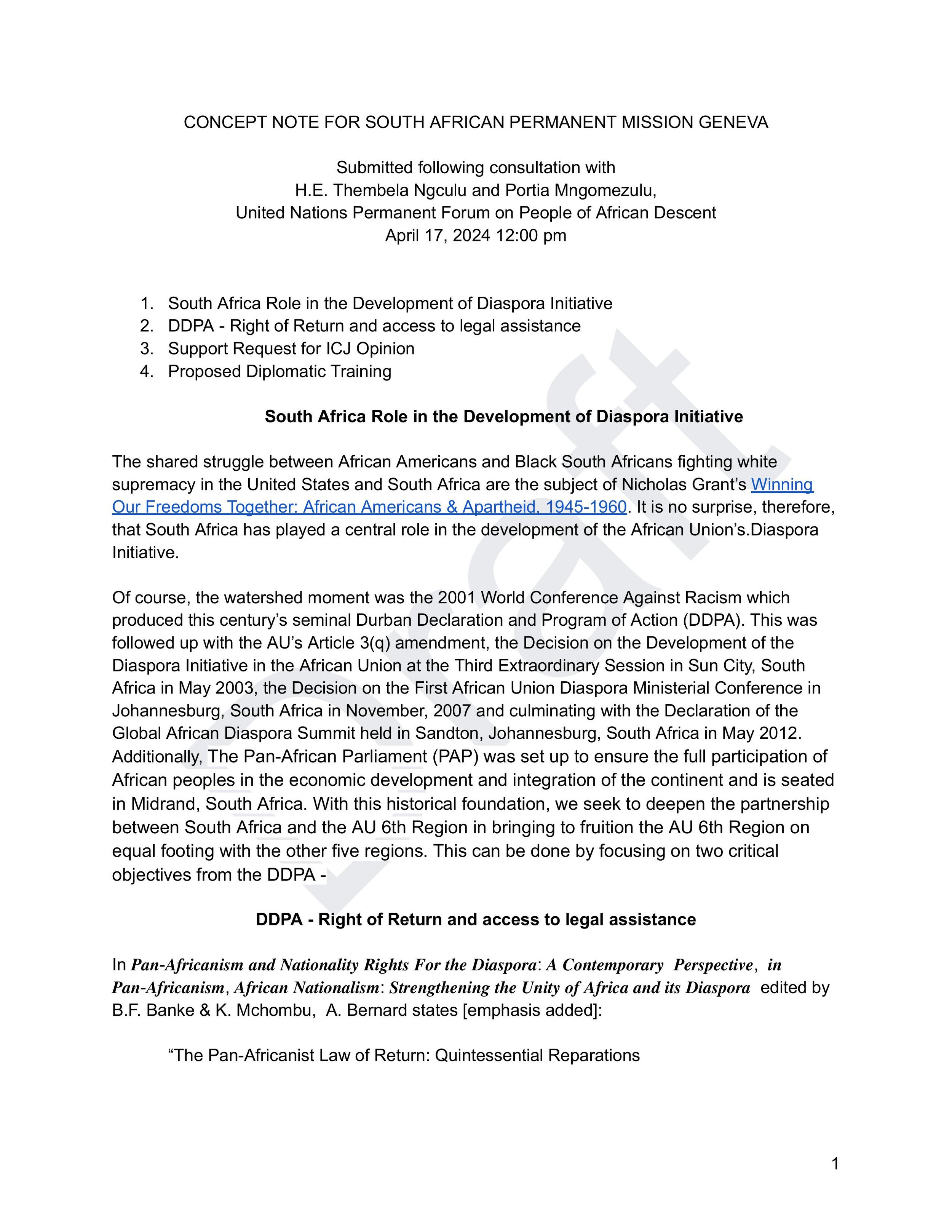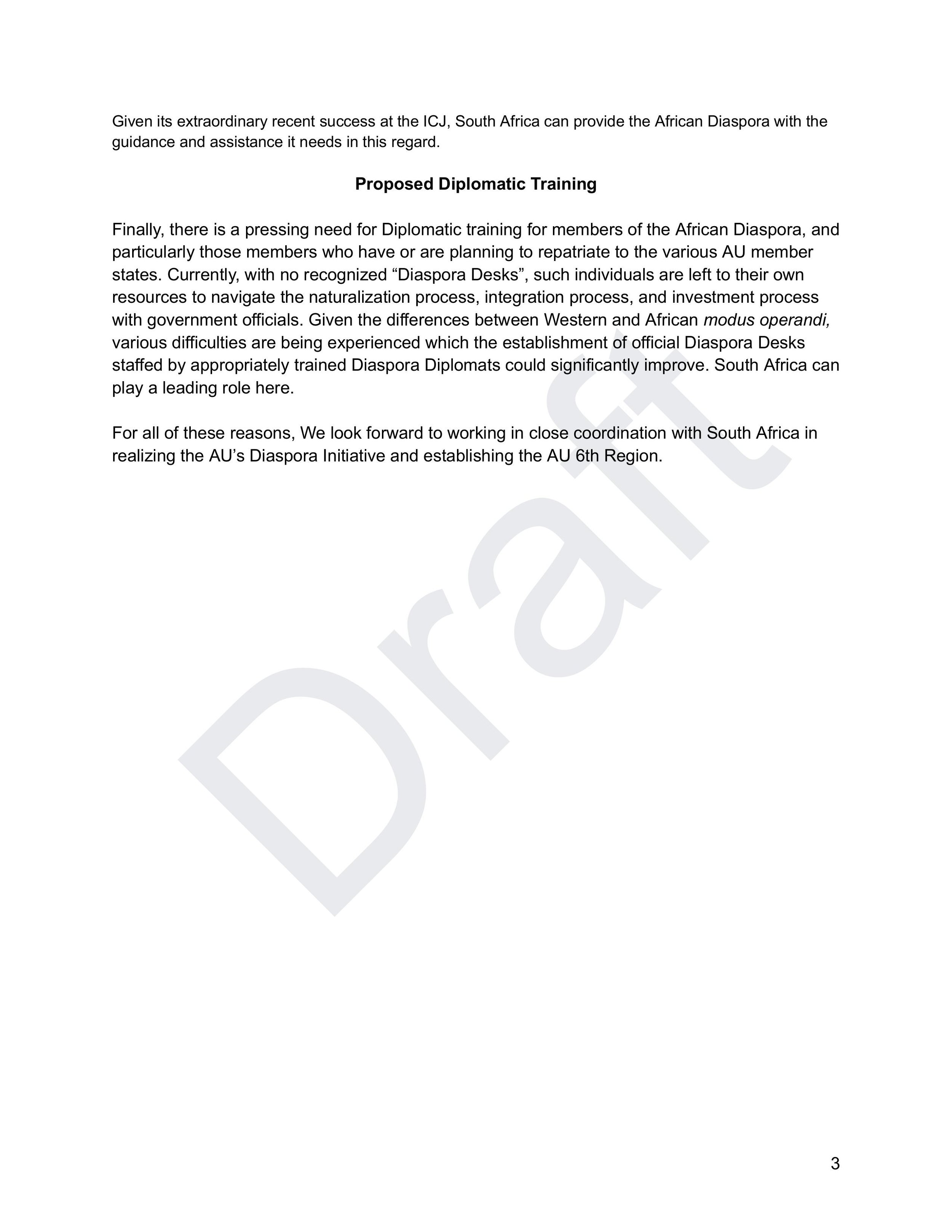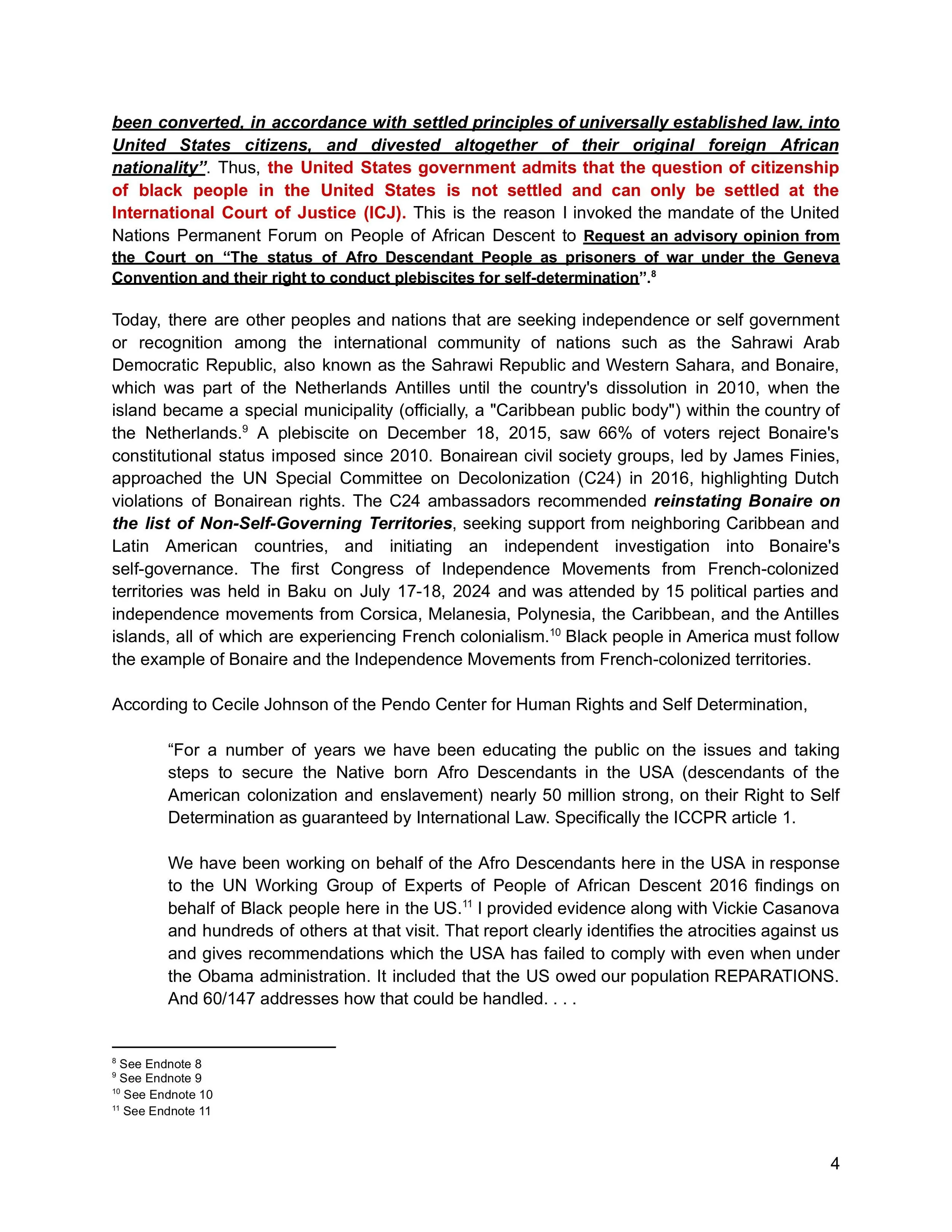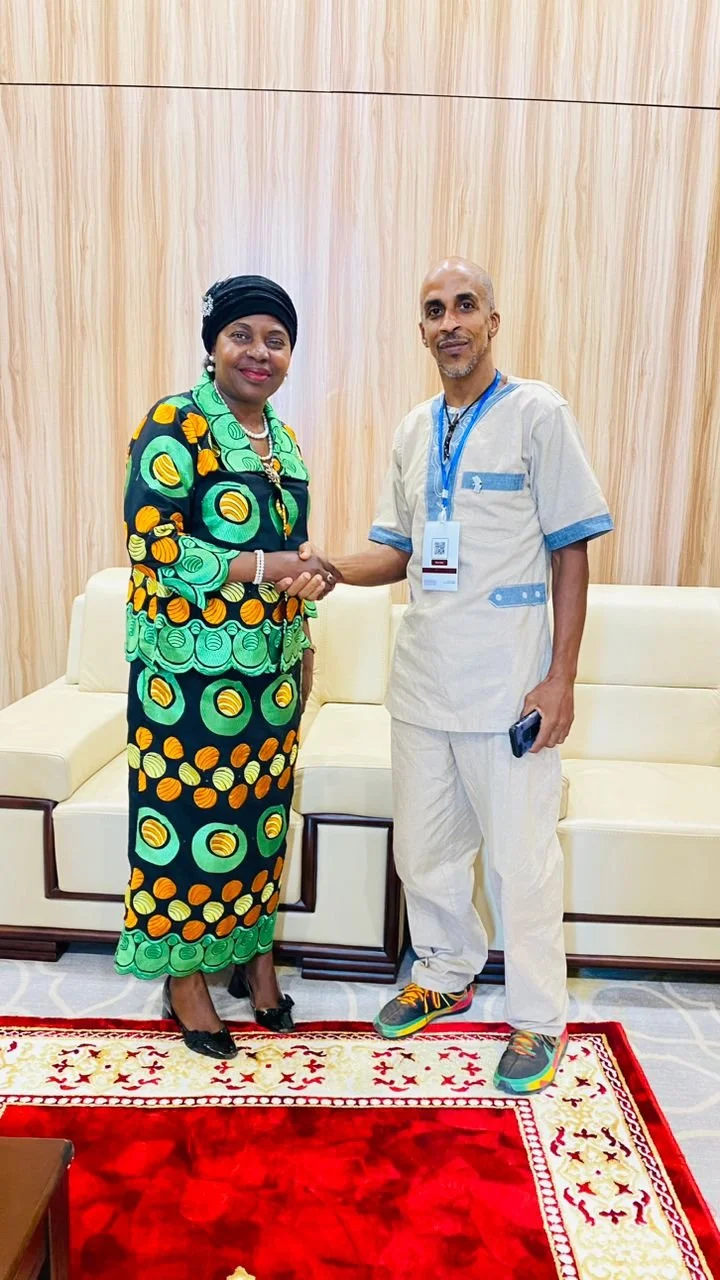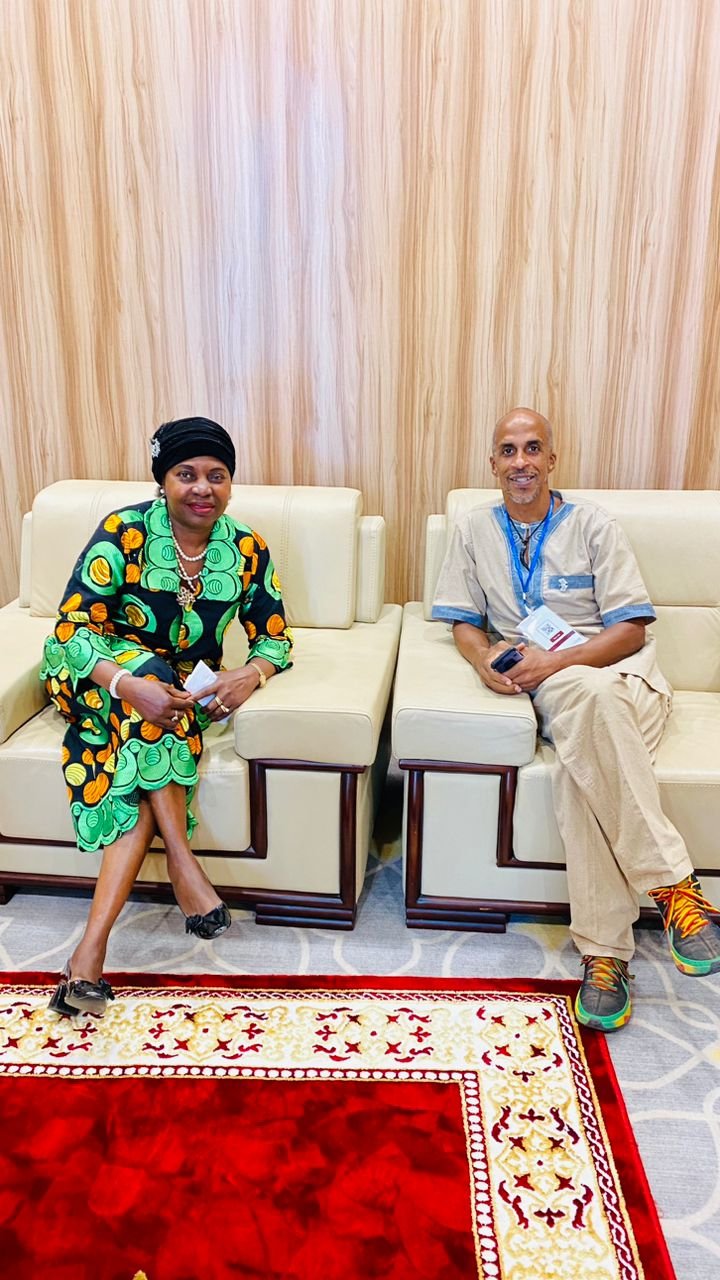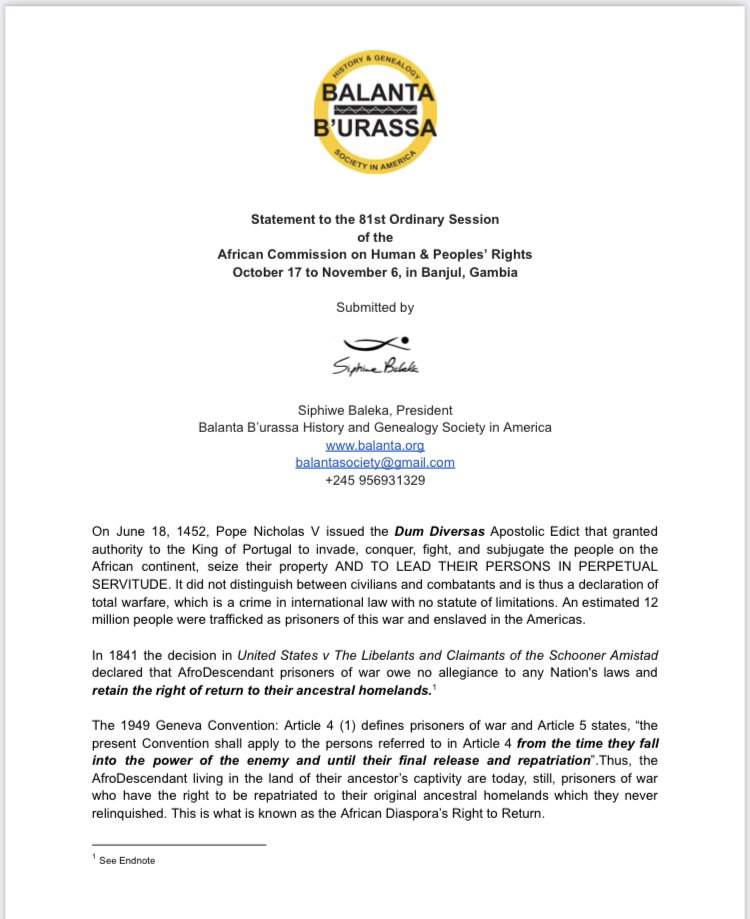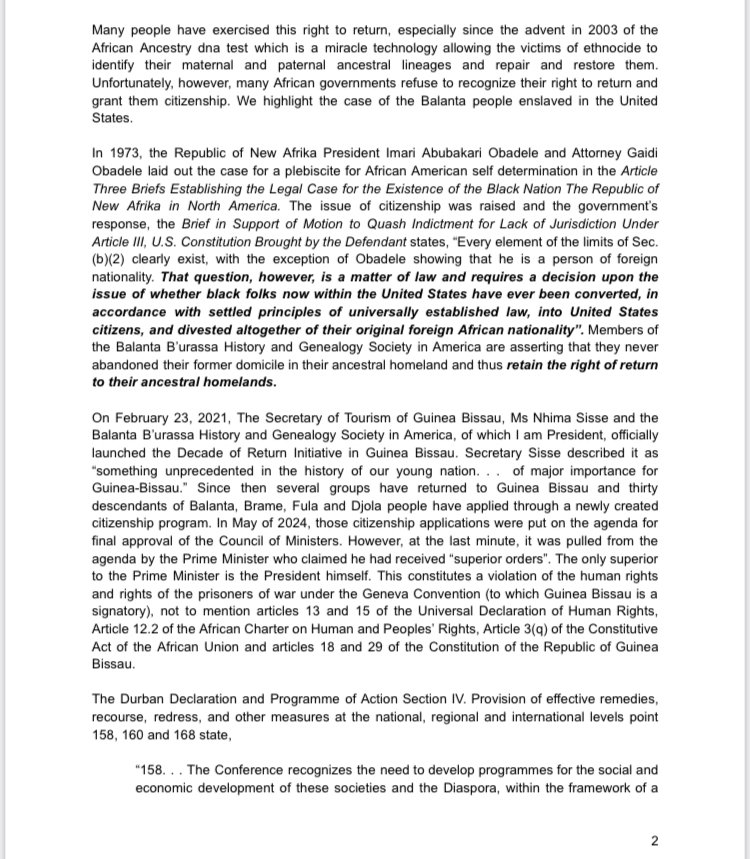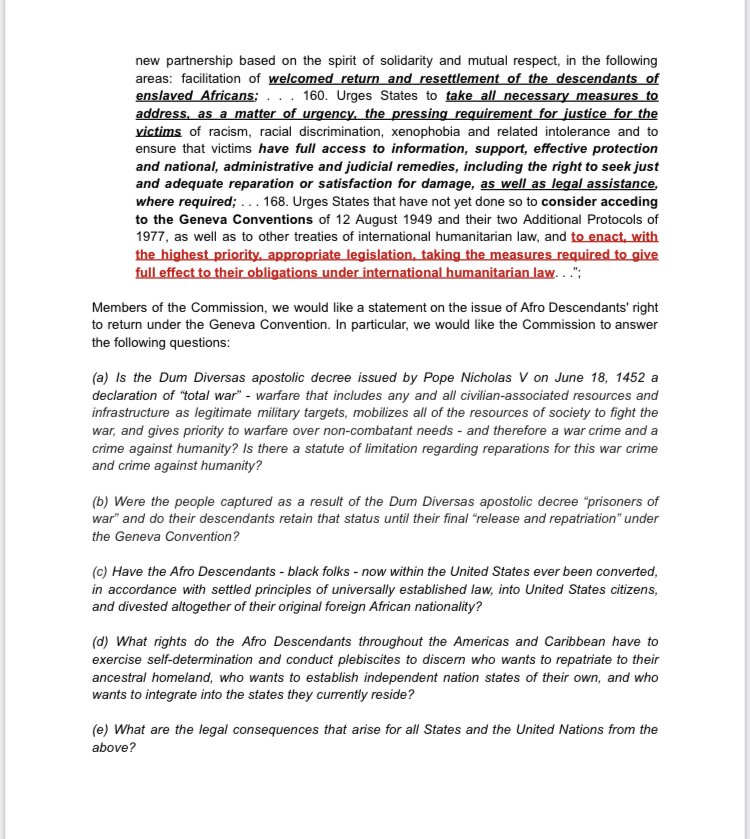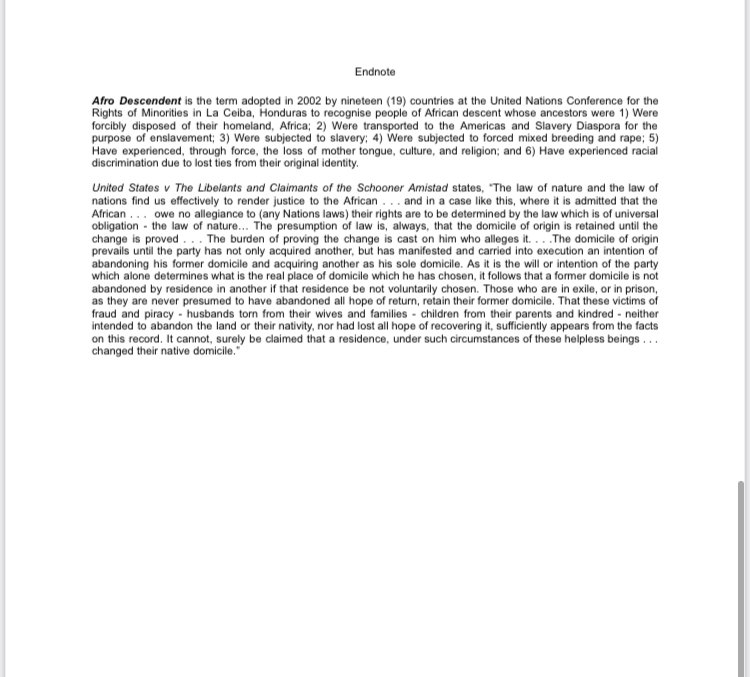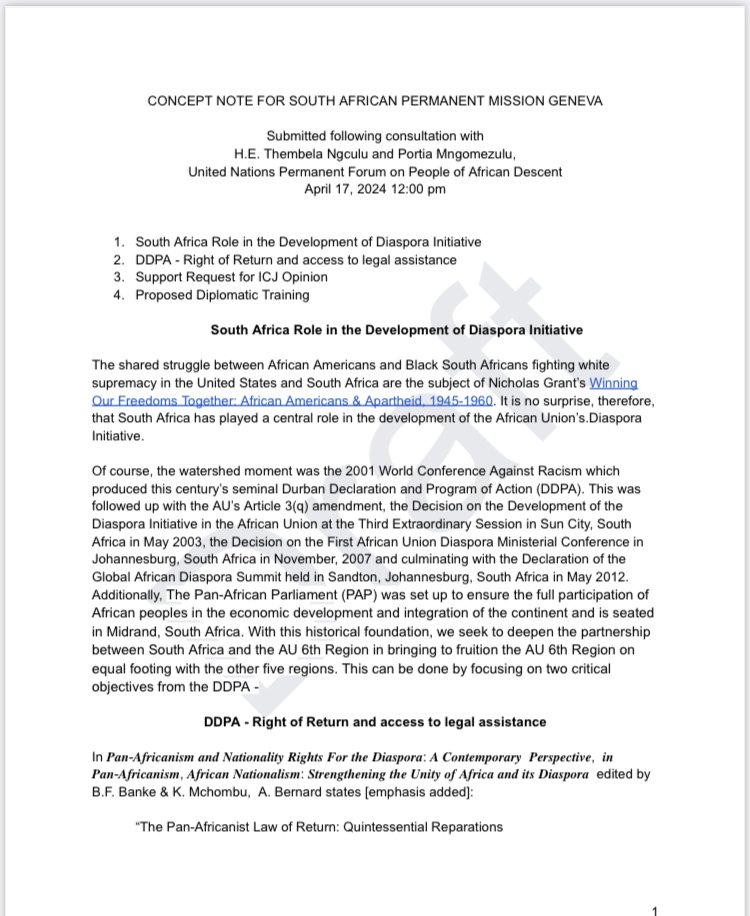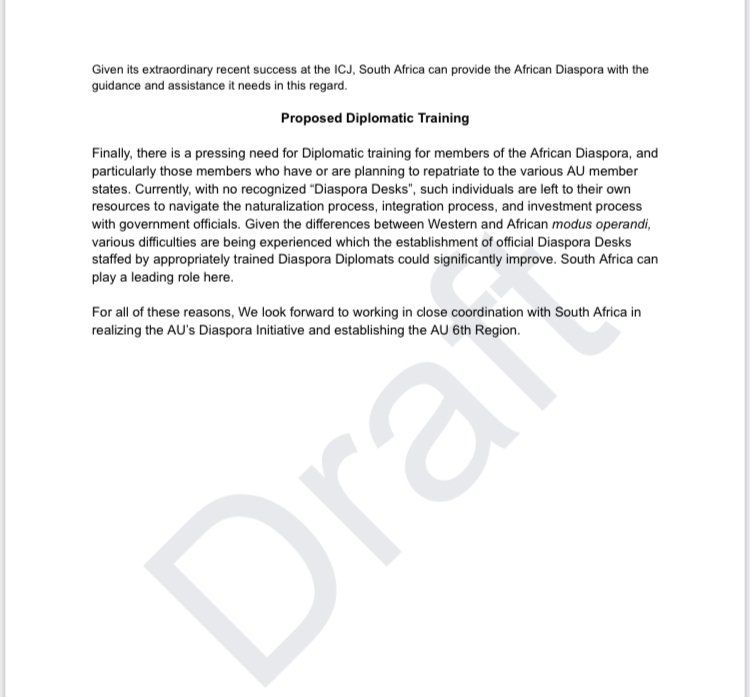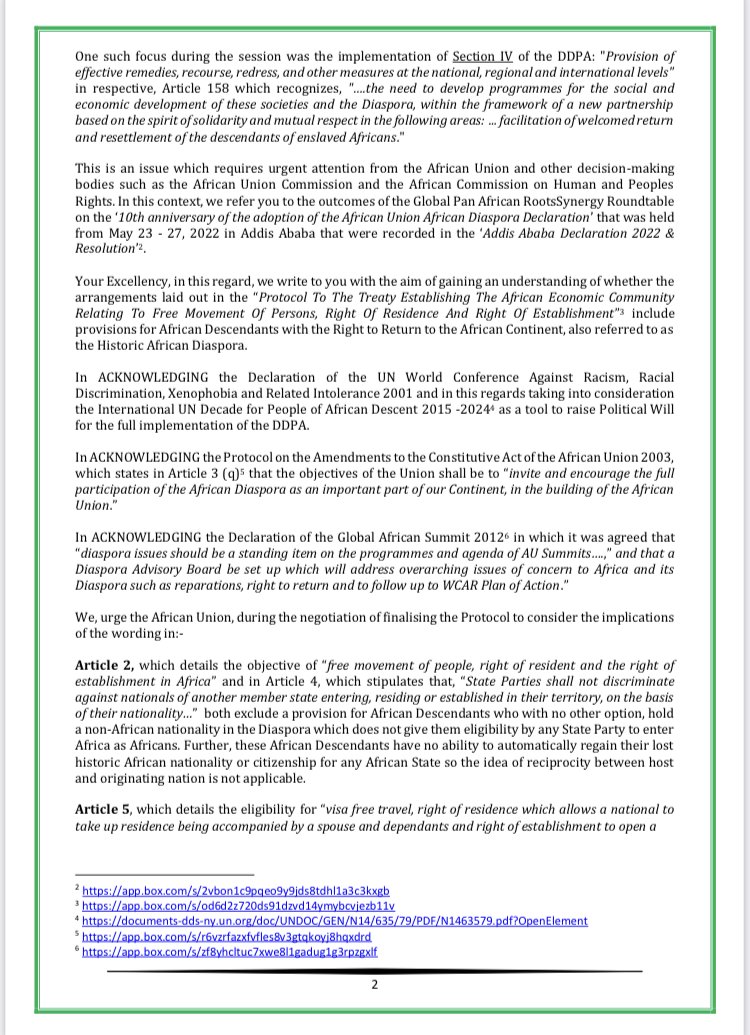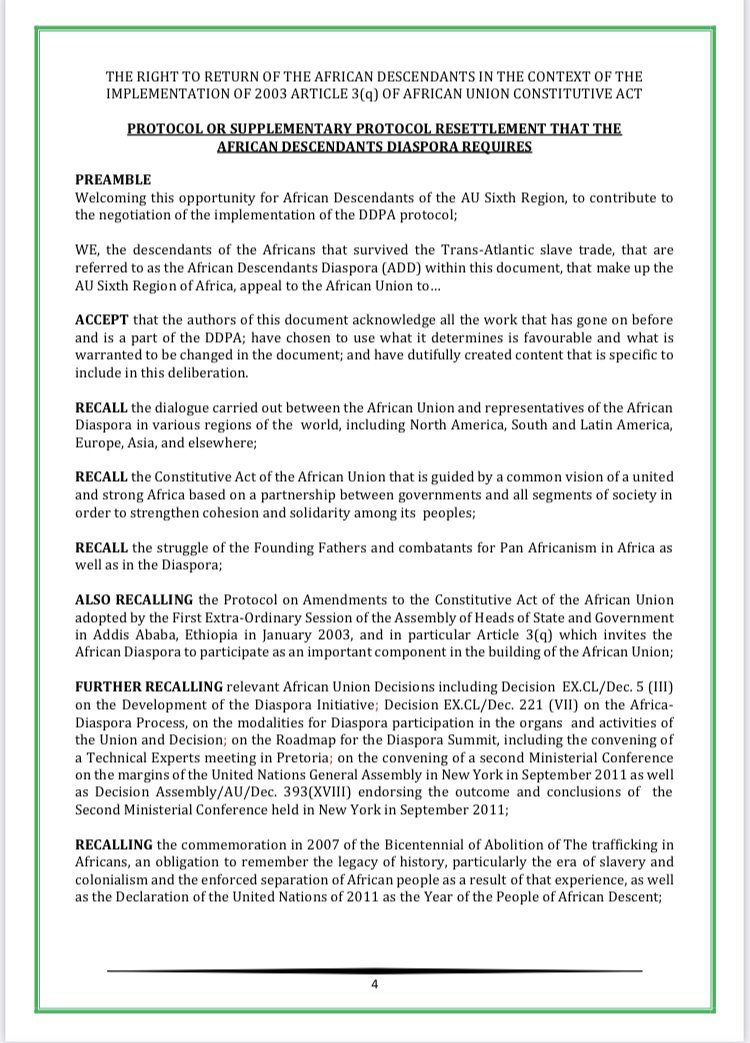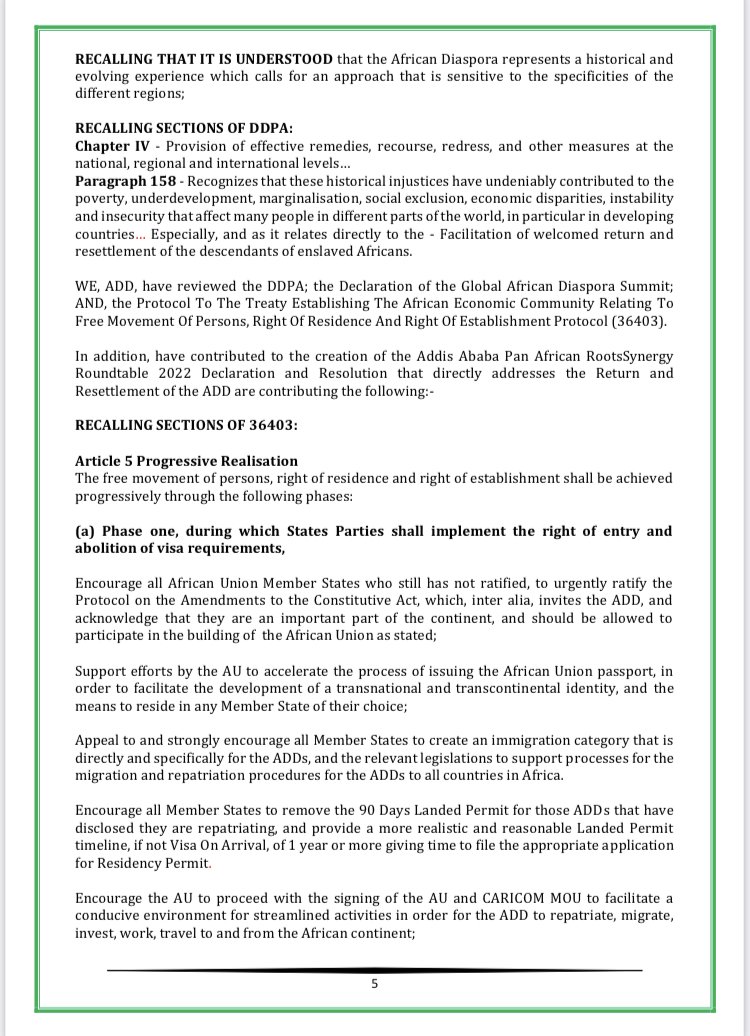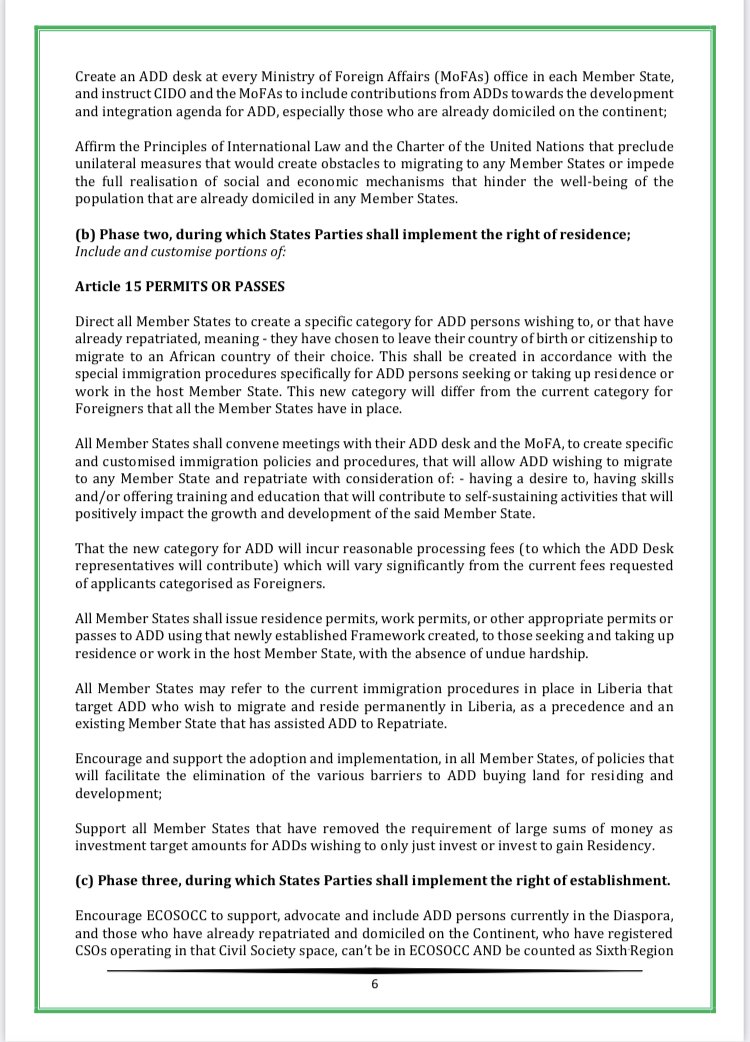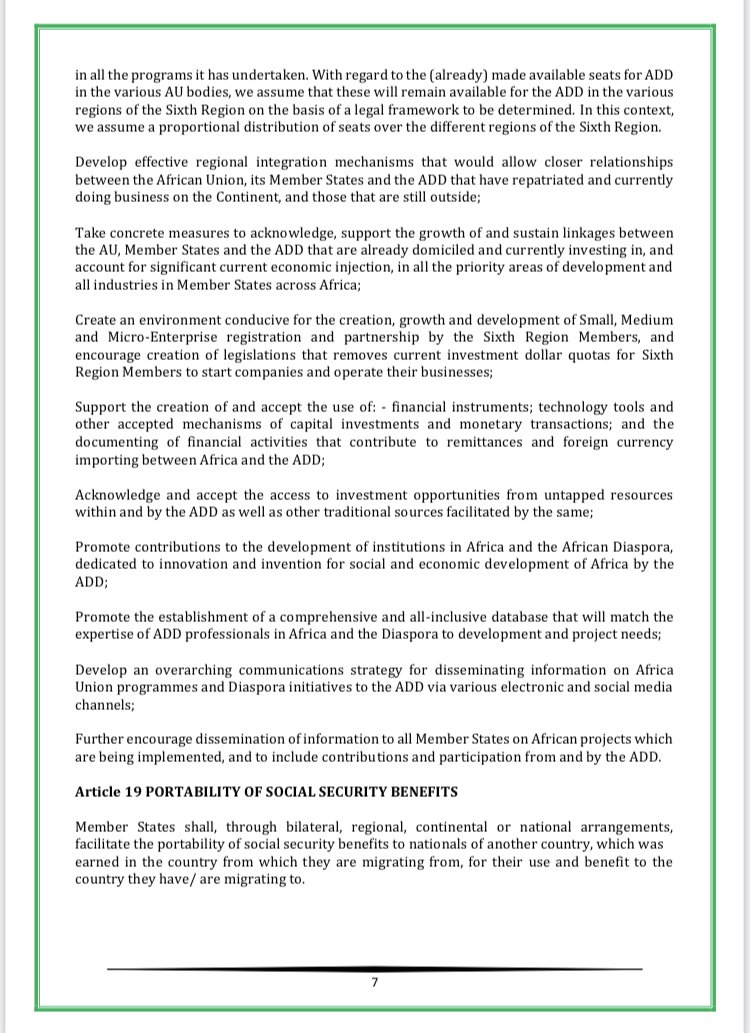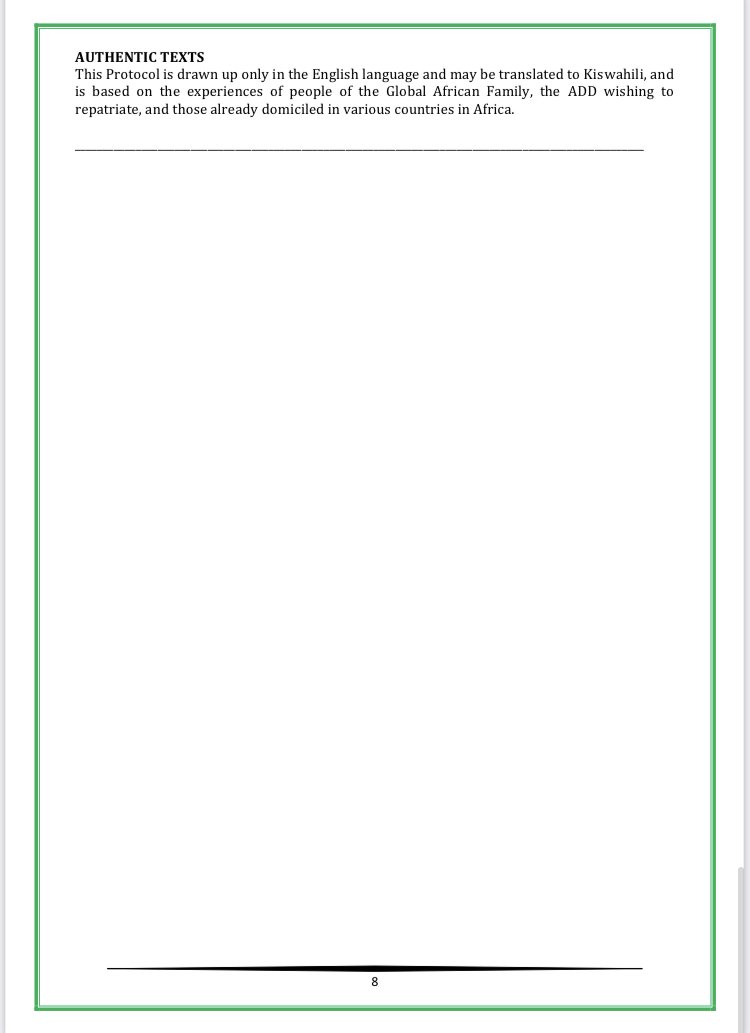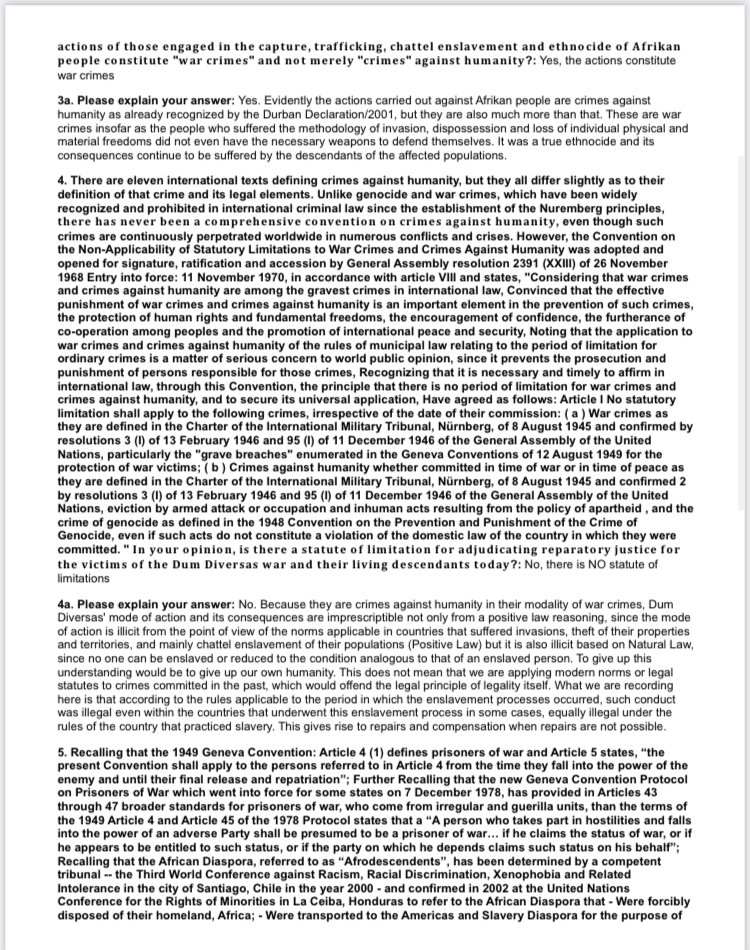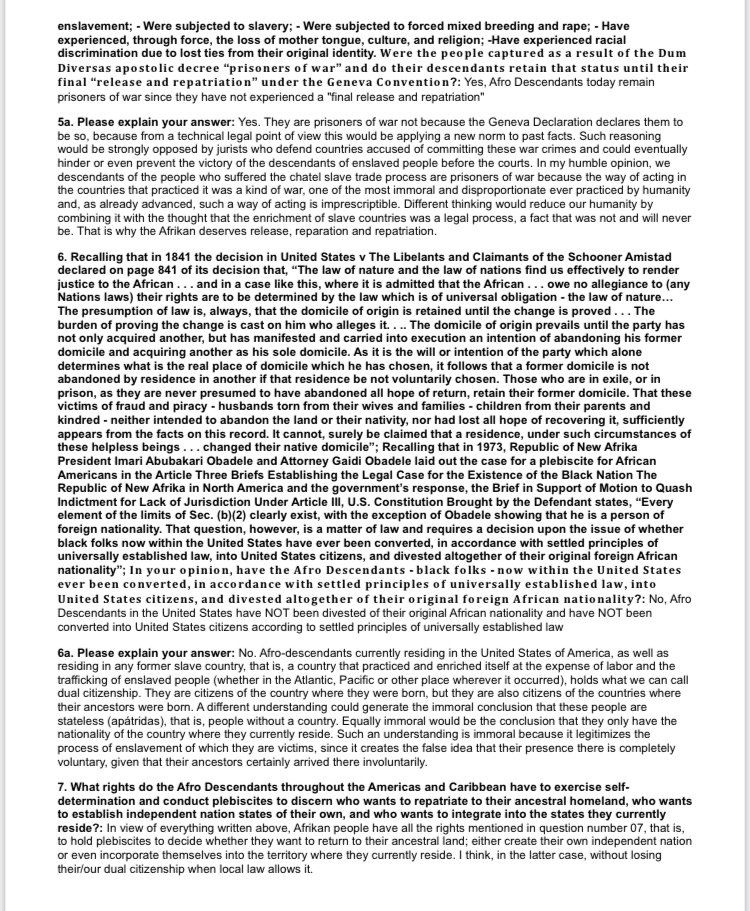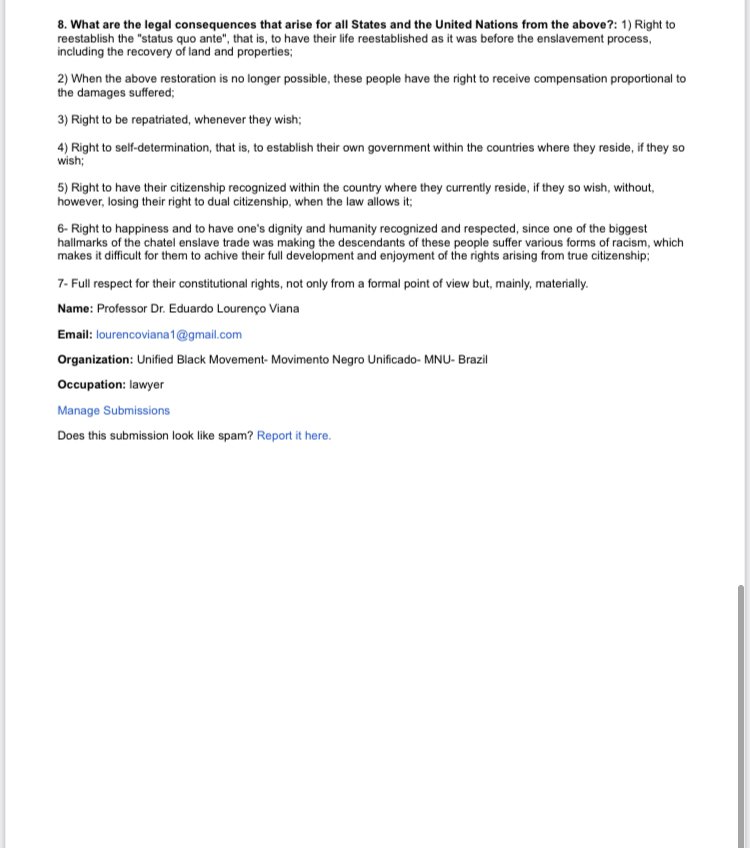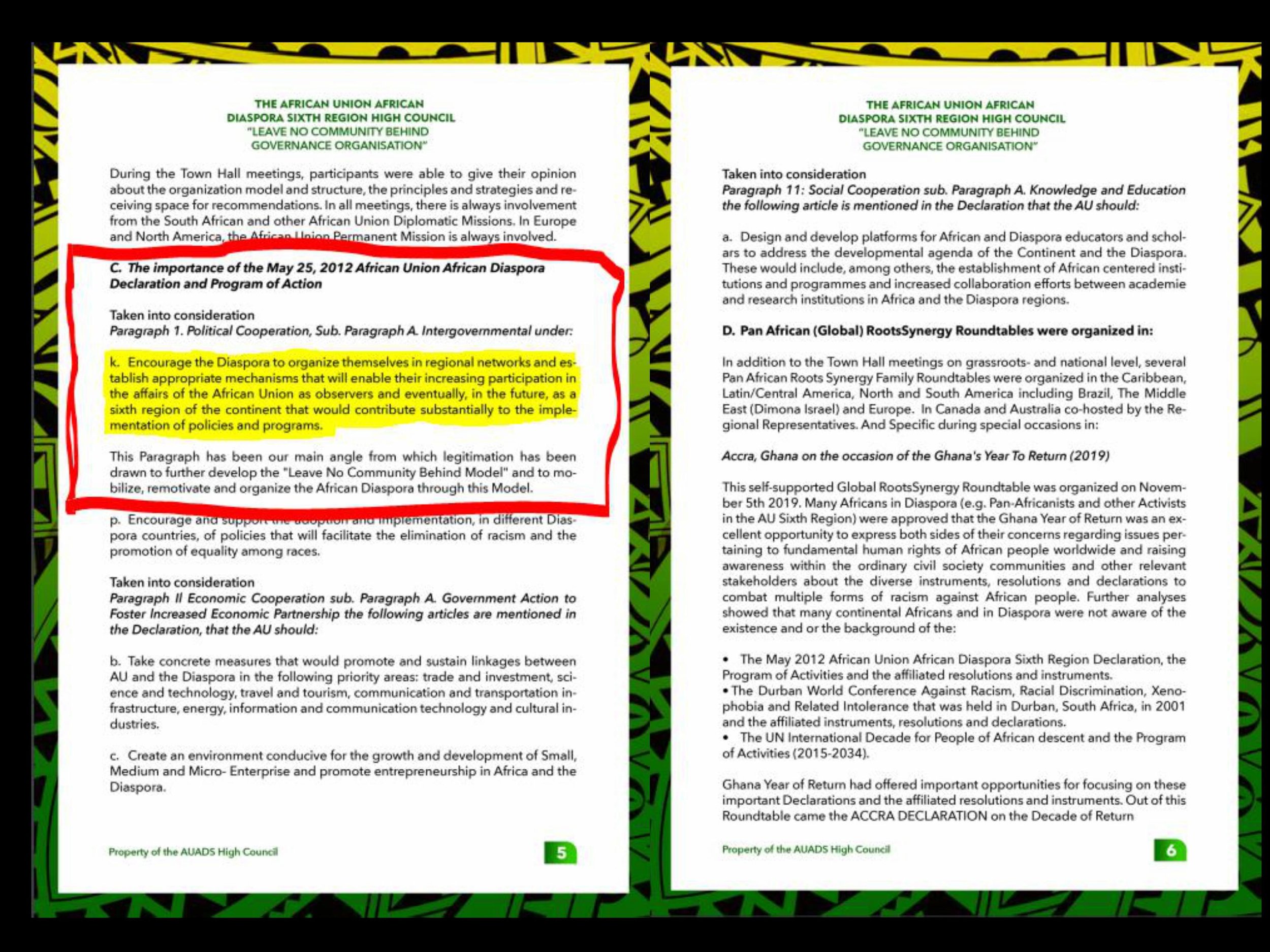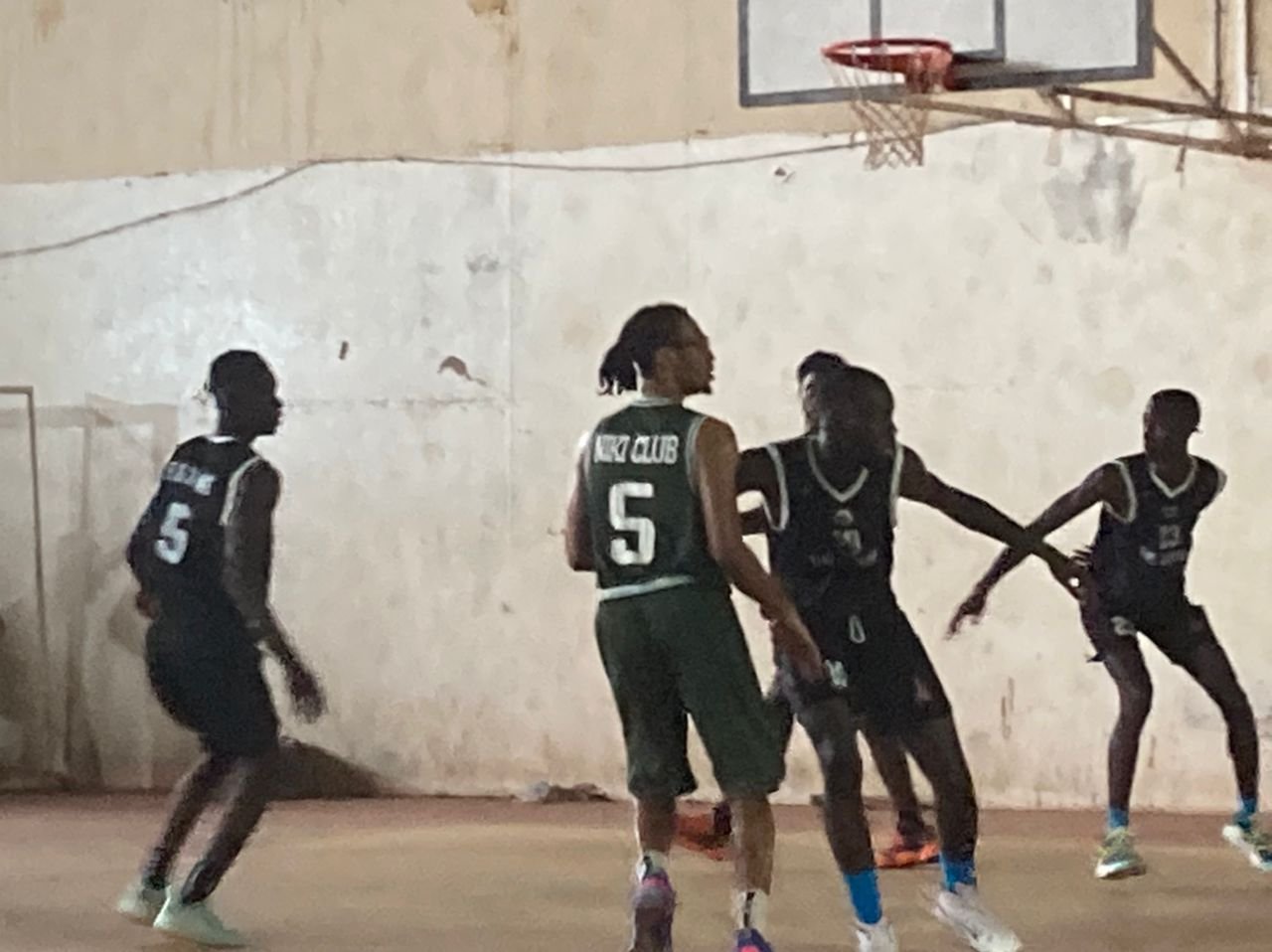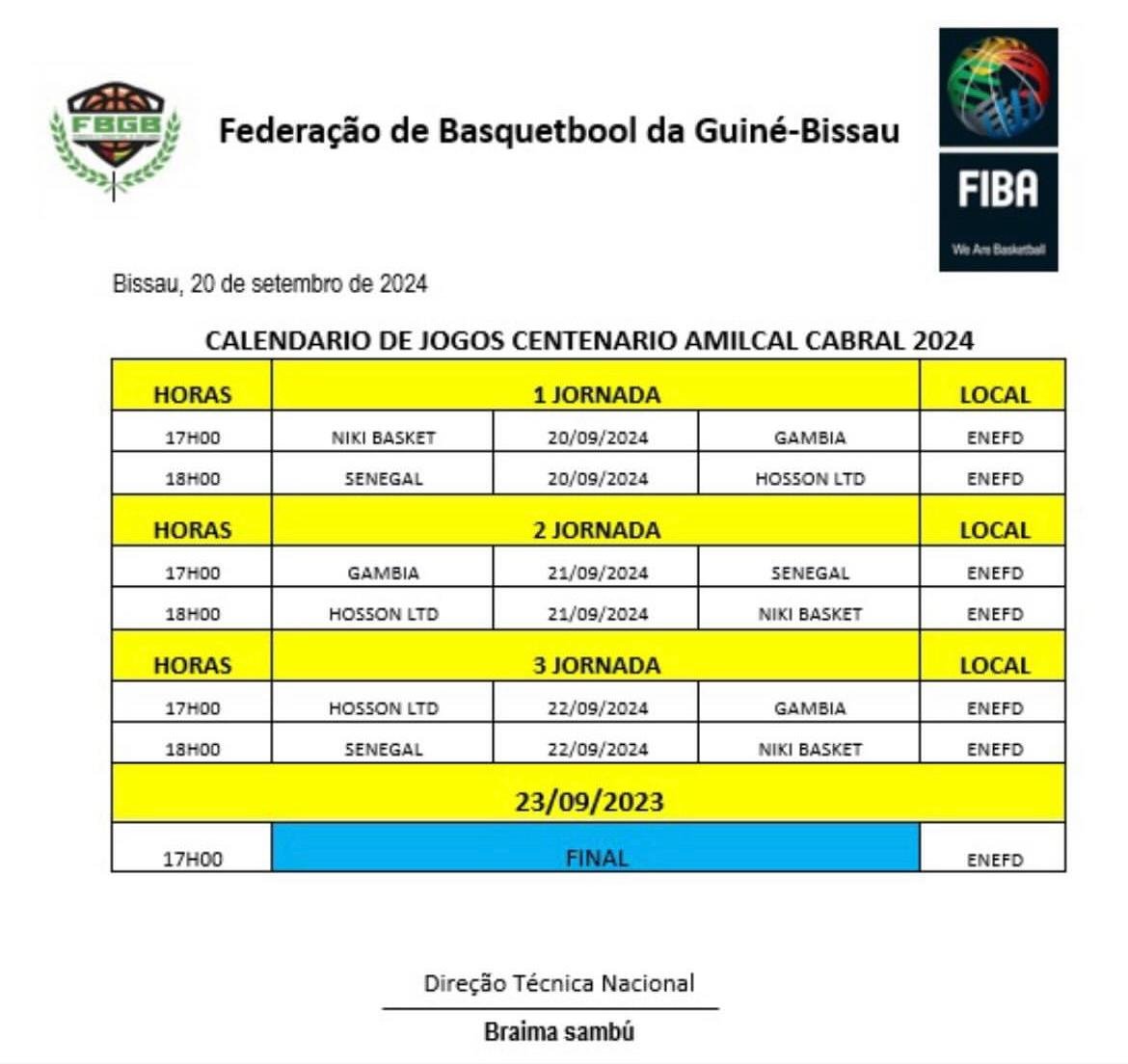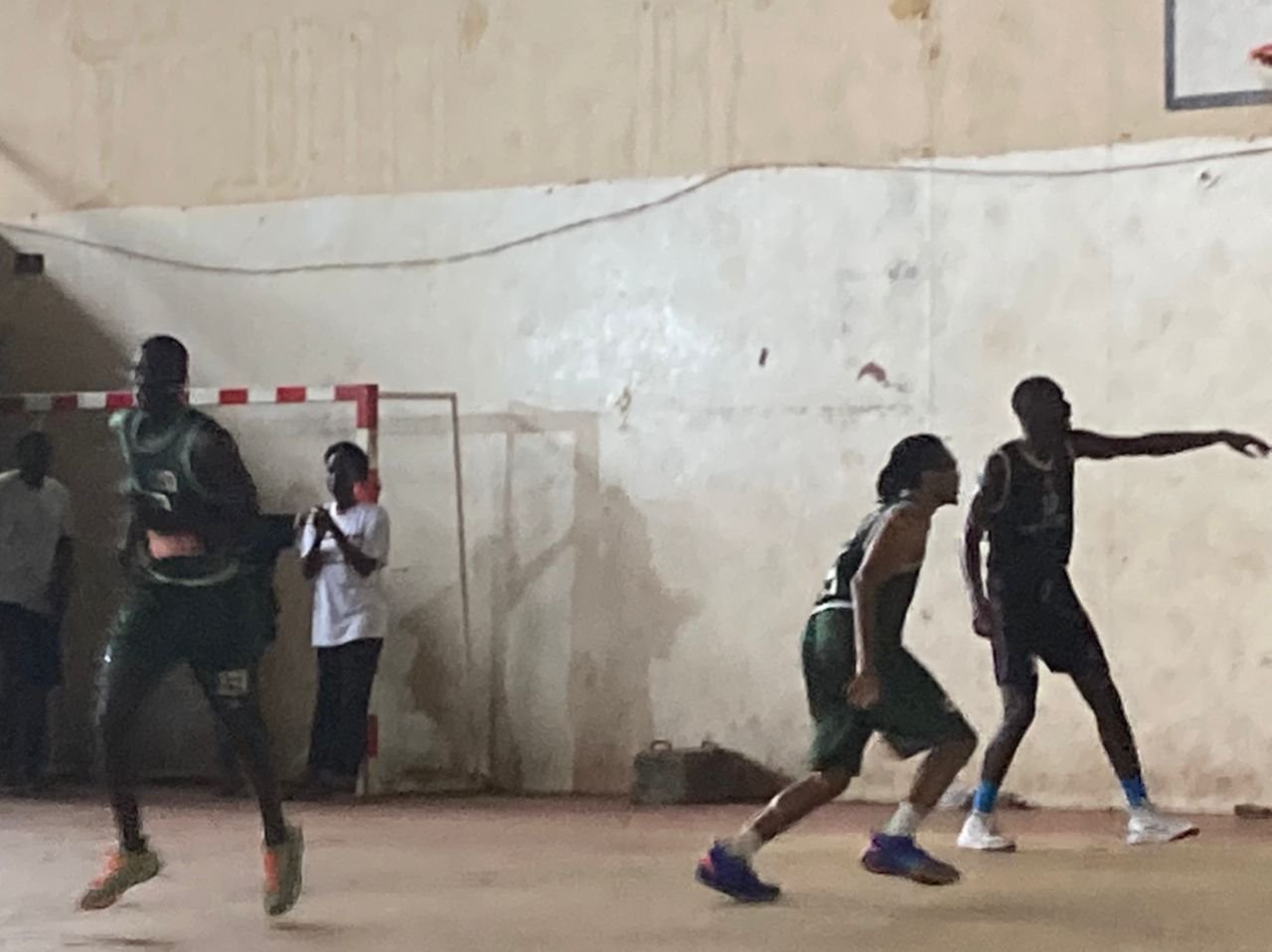November 29, 2005 -
Meeting summary for Town Hall Meeting with Ms. Evelyn Joe - DIFFERENTIATING THE DIASPORAS: FOR PRACTICAL STRATEGIES: "Variance between AU Member States' and AU's Definition of the Diaspora" (11/29/2024)
Quick recap
The meeting discussed the historical development and complexities of the African diaspora initiative within the African Union, with a focus on the definition and status of the diaspora within the AU framework. The participants also explored the African Union's structure, challenges, and relationship with the African diaspora, with a particular emphasis on the need for unity, representation, and economic empowerment. The conversation ended with discussions on the importance of convening a truly representative gathering of the African diaspora.
Summary
African Diaspora Initiative Historical Overview
Siphiwe led a discussion on the historical development of the African diaspora initiative within the African Union. He highlighted key milestones, including the 1974 Pan-African Congress, the African Charter on Human and People's Rights in 1981, and the Durban Declaration in 2001. He also discussed the 2002 Western Hemisphere Diaspora Forum, the 2003 Constitutive Act of the African Union, and the 2004 Technical Workshop on the Relationship with the Diaspora. See: The African Union and the African Diaspora - Tracking the AU 6th Region Initiative and the Right to Return Citizenship: A Resource
Siphiwe emphasized the importance of understanding the historical context of the diaspora initiative, including the flawed definition of the diaspora and the challenges of diaspora representation in the ECOSOCC Assembly. He then introduced guest speaker Evelyn Jo, a former special advisor to the African Union Economic, Social, and Cultural Council, to provide further insights on the issue.
African Union Diaspora Definition Clarification
Evelyn discussed the complexities of the African Union's definition of the diaspora, highlighting that it does not apply to African Union Member States. She explained that the definition is based on migration and does not consider the historical diaspora, which includes people of African descent who are not necessarily born on the continent. Evelyn also clarified that the African Union's definition does not violate any laws, but it does not align with the Member States' definitions. She emphasized the need for a clear understanding of the diaspora's definition to avoid policy incoherence. The discussion also touched on the concept of dual citizenship and its implications for the diaspora.
African Diaspora's Status in AU: POLICY INCOHERENCE
The meeting discusses the definition and status of the African diaspora within the African Union (AU) framework. Evelyn provides information from AU documents, stating that the concept of a 6th region for the diaspora is still aspirational and has not been ratified by member states. Philip and others argue that the diaspora should have official status and representation in the AU based on their interpretation of the documents. Siphiwe highlights ongoing efforts to define and include the diaspora, citing recent consultations he was involved in (see below). The discussion centers on differing perspectives on whether the diaspora currently has formal standing in the AU structures or if it remains a future goal.
African Union Structure and Diaspora Role
In the meeting, the participants discussed the African Union's (AU) structure and its implications for the diaspora. Evelyn clarified that the AU is an intergovernmental organization, with sovereign states forming the building blocks of integration. She also mentioned that the diaspora's role is at the national level, with some governments renaming their foreign affairs ministries to include diaspora communities. Henry expressed confusion about the AU's decision-making process and the powers of each region. Dr. Trudby from Haiti raised concerns about the exclusion of Haiti from the AU, despite being an African nation. The participants agreed to have a follow-up discussion to delve deeper into the AU's decision-making process and the role of the diaspora.
African Union's Challenges and Relevance
Evelyn and Siphiwe discussed the African Union's (AU) challenges, including its inability to compel its members to take certain actions due to their sovereignty. They also discussed the theme of the year 2025, which focused on reparations and justice. Evelyn raised concerns about the AU's lack of implementation of decisions and its limited relevance to African citizens. Siphiwe proposed a follow-up discussion to explore effective strategies based on Evelyn's insights. Philip suggested the need for an educational process to familiarize people with the AU's documents and context.
African Union and Diaspora Recognition
The meeting involved a discussion about the African Union (AU) and its relationship with the African diaspora. Evelyn, a special advisor to the AU, clarified that the AU's decision-making process is intergovernmental, not civil society-based. Philip, a Caribbean representative, expressed frustration with the vague language used in the AU's communication and suggested that the diaspora should formally request recognition from the AU. Siphiwe agreed with Philip's suggestion and mentioned that the African Commission on Human and People's Rights has set up a roundtable for the diaspora to meet with AU officials.
Diaspora, Sovereignty, and Economic Power
The meeting discussed the concept of the diaspora and its relationship with Africa. Kamal emphasized the importance of understanding and acting on one's sovereignty, rather than constantly seeking permission from others. He also highlighted the need for economic power and unity among the diaspora. Siphiwe discussed the concept of the 6th region, which includes areas outside of Africa but still connected to it. Dr. Mcdonald shared his research on the history of the diaspora and the need for economic empowerment. FAU discussed the African Union's plan for economic development and the potential for leveraging financial resources. The conversation ended with Reverend Kwame discussing the success of the World Zionist Organization and the need for a similar structure for the Pan-African Congresses.
African Diaspora Challenges and Strategy
In the meeting, Reverend Kwame Kamau discussed the challenges faced by the African diaspora, including lack of a centralized organization, political fragmentation, and inconsistent funding. He emphasized the need for a truly representative assembly and a robust organization to move forward. The group discussed the strategy of compliance with the cease and desist letter and the importance of education in promoting unity. The conversation ended with a focus on the task at hand, which is to get a truly representative gathering of 400 to 600 people in each region.























































